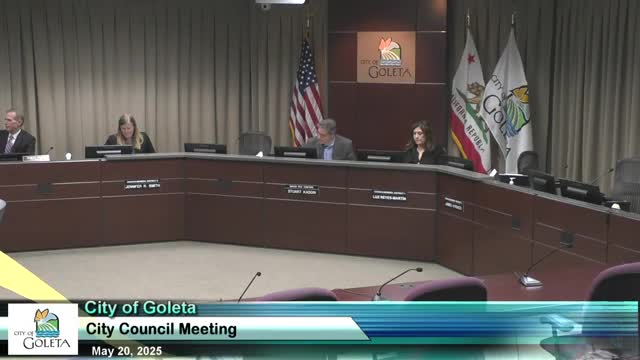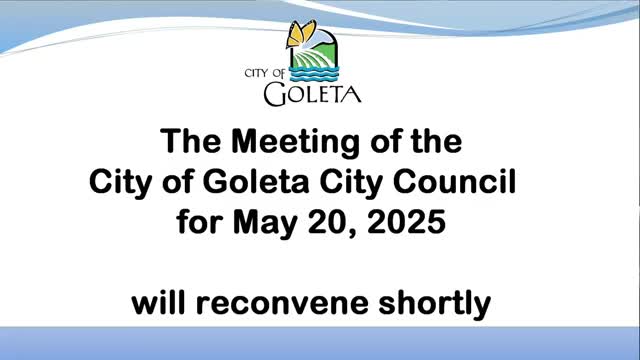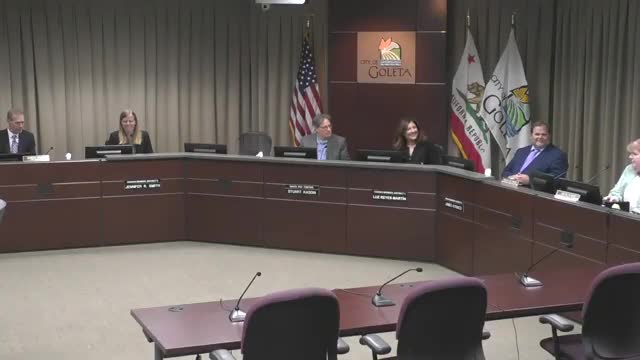Article not found
This article is no longer available. But don't worry—we've gathered other articles that discuss the same topic.

Council approves consent calendar and adopts fire-hazard map ordinance; roll calls recorded

City releases short-term rental study; staff proposes definitions, data improvements and limits on non‑hosted rentals

Goleta council adopts state-mapped fire-hazard severity zones, council waives further reading

